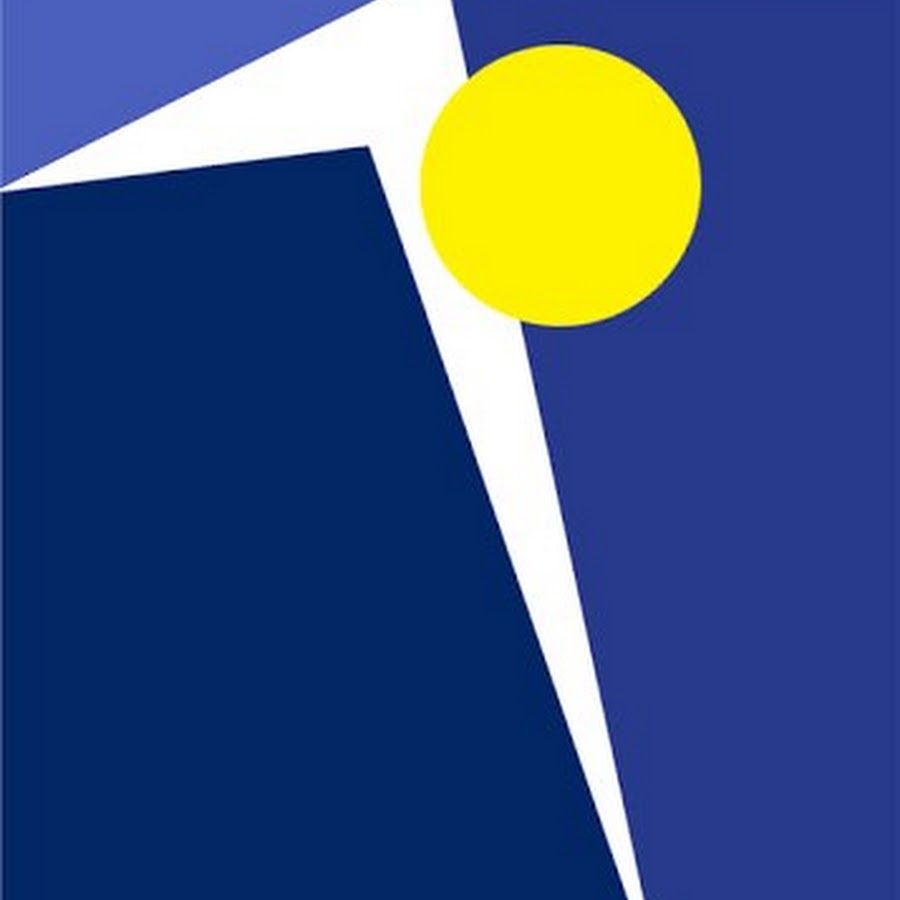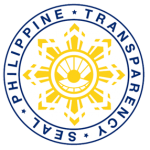PCC conducts training on milk quality assurance for dairy farmers
The PCC National Impact Zone (NIZ) conducted a refresher course on milk handling and quality control titled, “Milk Quality and Safety Assurance from Farm to Milk Processing Plant” last October 18 at the PCC headquarters in the Science City of Muñoz, Nueva Ecija. Said training was funded by the Philippine Council for Agriculture, Aquatic and […]
Dairy farmers undergo training on homegrown forage production
Thirty dairy farmers gained additional knowledge on the backyard production of forages to support the nutritional requirement of their buffaloes thru a two-day farmers’ training on “Science-Based Production of Grasses and Legumes for Sustainable (year-round) Supply of Fodder” last October 10-11 at the PCC national headquarters, Science City of Muñoz in Nueva Ecija. Said training […]
PCC-CBED conducts training on milk soap making for dairy farmer-entrepreneurs in Luzon

Dairy buffalo farmers in Luzon can now expand their dairy enterprise by entering a new venture in soap making. This was made possible through a PCC-Carabao-Based Enterprise Development (CBED) sponsored “Training on Soap Making” last September 30 at the PCC national headquarters, Science City of Muñoz in Nueva Ecija. Said training aimed to enhance the […]











